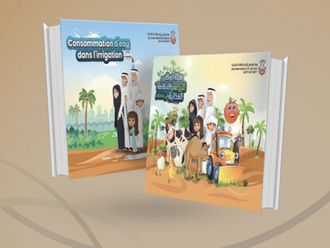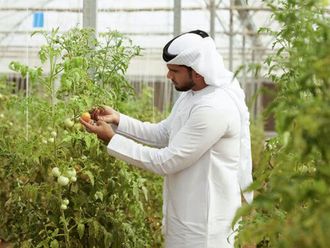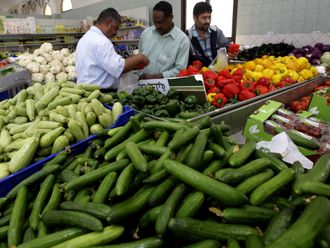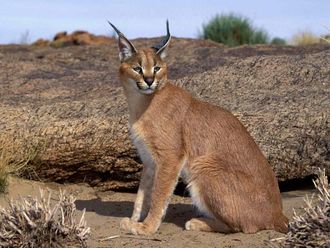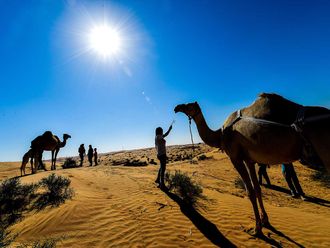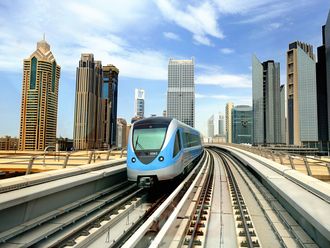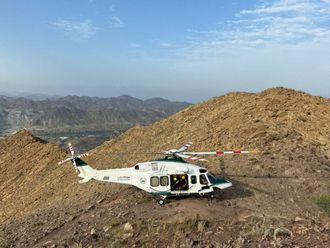Jeju Island: UAE has reiterated its commitment towards green growth at the recently concluded Global Green Growth Week held at Jeju island in South Korea.
Speaking at the event, Dr Thani Al Zeyoudi, Minister of Climate Change and Environment, said that the UAE has accelerated its efforts to transition from a hydrocarbon-based economy to a more diversified knowledge-based economy through preserving its limited resources.
Dr Al Zeyoudi said: “Located in a desert environment, our precious natural resources such as water and marine biodiversity as well as food diversity are expected to be significantly affected by the changing climate. From a strategic point of view, we see these challenges as an opportunity for the UAE to transform our development model towards a low-carbon, climate-resilient green growth and to ensure the country’s long-term sustainability.”
Speaking during the session focusing on the UAE, he highlighted the UAE’s environmental endeavours and how the UAE government has successfully established its own national green growth plan and the steps it is taking toward its implementation.
He stressed that the UAE Green Agenda 2015-2030 adapted in 2015 as the framework for nation-wide green growth initiatives — developed with the support of the Global Green Growth Institute — was the first of its kind in the Arabian Gulf region.
“It lays out the governance and programme structure for implementing necessary actions. The focus is on the development of high value-added industries, such as clean energy, green buildings, sustainable food, environmental goods and services as well as sustainable tourism. It is estimated that our efforts will result in creating 160,000 new green jobs while reducing a substantial portion of carbon emissions,” said Dr. Al Zeyoudi.
The minister noted that a dedicated national council has been established to coordinate and oversee the implementation of the Green Agenda alongside other entities such as national and local authorities and the private sector.
He also shed light on the UAE’s environmental initiatives such as Masdar’s 100MW Shams 1 concentrated solar power plant and the Mohammad Bin Rashid Solar Park, which uses photovoltaic and concentrated solar power technologies and is expected to provide 5GW of capacity by 2030.


